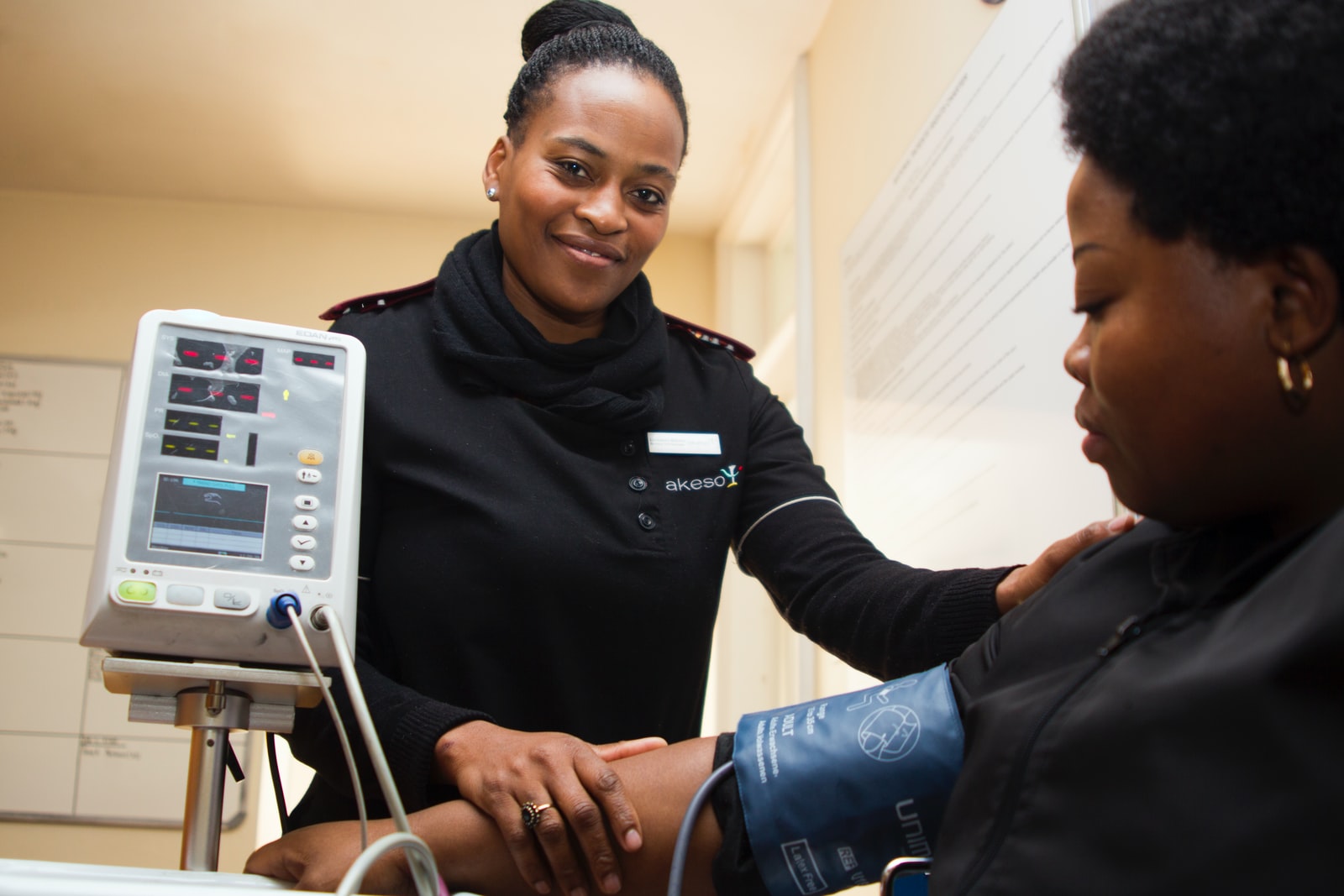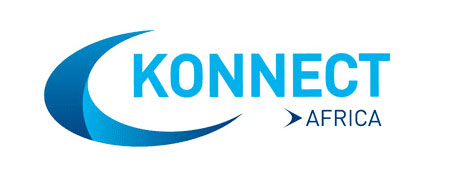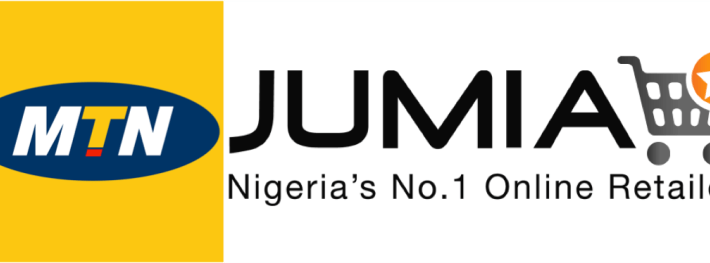Digital Technology and Future of Healthcare System in Africa

In Africa’s health system, the dominant narrative is a “weak healthcare system”, and it has always been questioned whether the continent can rise from this.
The continent’s health systems suffer from serious irregularities, with disruptions in medical equipment, supply chains, storage, and financing, making it hard for Africans to access responsible and responsive health care delivery.
While many African countries spend less than 10% of their GDP on health care, a Stanford Business report has revealed that fewer than 50% of Africans have access to modern health facilities. This discouraging development is not without the challenge of Africa’s exploding population, which is projected to reach 2.5 billion by 2050 and hit 4.4 billion by 2100. It is believed that this unchecked population growth in the midst of poor healthcare arrangements is a significant threat to any attempt to reposition Africa’s health care system.
The need for technological intervention
Technology has become the main course of development in the 21st century. That is why over the last decade new aspects of human development that have emerged is supported in one way or the other by technology.
Technology has led to increased access to information in Africa, enhanced easy communication amongst people, and has made it possible for people to get access to solutions to their problems even across borders.
However, in health care, the use of technology through innovative tools represents the combination of health and technology. It is a major breakthrough in the world of medicine that, when combined with technology, simplifies so many things and can save lives en masse. So to begin a radical transformation of the health care system in Africa, technological innovation needs to be leveraged on.
How far has it gone in Africa?
Fortunately enough, African health tech has recorded accelerated growth in recent years in areas of investment and innovation. One important incident that helped its accelerated growth is the 2020 Covid19 pandemic.
Until Covid-19 struck, African health tech companies struggled to attract investment or government partnerships. In Nigeria for example, the health tech industry raised only USD 7.8 million in investment from 2014 to 2018, a rate so low compared to the records of its other contemporaries In fintech and edutech.
Ever since, the effect of Covid has left Africans to begin working to rewrite the narrative. Indigenous health tech companies are now attracting investment and deepening regional and global engagements. Alone in 2020, more than 40 health-tech start-ups on the continent received series A funding that is less than $100 million. With this, reports have emerged that the industry is expected to reach a revenue growth of 23.08% and a market value of over US$11 billion by 2025.
In areas of innovation, health tech innovators are now helping to solve some of Africa’s most pressing healthcare challenges. While startups like DrugStoc (Nigeria) and Medsource (Kenya) are deploying inventory management and marketplace solutions to connect pharmacies and clinics to a trusted supply of products from manufacturers and distributors, helping ensure availability, reduce price variability, and more. Field Intelligence has worked with the government to optimize supply chains and reduce the frequency of stockouts for antimalarial drugs at the point of care.
Other start-ups like Rocket Health and PharmaGo are also enabling access for end users through online pharmacy operations. Jointly, these product distribution start-ups have a profound impact on reducing the prevalence of counterfeit medication, by offering tech-enabled alternatives to sourcing medication from open drug markets. Physical retail pharmacy chains such as Goodlife Pharmacy, HealthPlus, and MedPlus are also launching online pharmacy operations leveraging their established brand names, inventory, and logistics infrastructure.
Obscuring Challenges
Investors are taking notice of the health tech boom in Africa, but are likely to remain cautious until the business opportunity and regulatory environment become more predictable. This makes it too early to tell if foreign companies will dip into the market and compete with local innovators, as has been seen in other sectors.
This is a significant barrier faced by health-tech start-ups in Africa i.e. an absence of a clear-cut adequate policy and effectiveness. Although a country like Nigeria has a National Health ICT Strategic Framework document, which was created in 2015 and runs until 2020, it doesn’t adequately address the regulatory and policy gaps that exist in the health tech industry.
Unlike the fintech that enjoys regular guidance from offering credit to insurance processing payments, health tech still operates within the regulations meant for traditional health care practices, which are opaque and not specific to their needs.
To encourage health technology innovation and growth, African governments must develop and sustain policies that will leapfrog these challenges. This means they need to provide developers with clear rules and a stable operating environment they need to attract “patient” capital.







